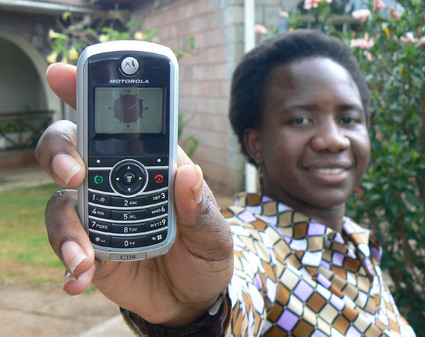a href="http://infoasaid.org/" target="_blank">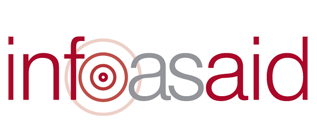 infoasaid is a consortium of Internews and the BBC World Service Trust. The objective is to improve how aid agencies communicate with disaster-affected communities - the focus is on providing humanitarian information. The emphasis is on the need to deliver information, as aid itself, through the most appropriate channels. In this guest blog post first published on their website, infoasaid highlight some of the innovating approaches they are piloting to using FrontlineSMS in communicating with communities affected by crisis.
** This use of FrontlineSMS has also been reported on by ActionAid, the BBC World Service Trust and ReliefWeb. In addition, we included it in our National Geographic blog series, Mobile Message. **
infoasaid is a consortium of Internews and the BBC World Service Trust. The objective is to improve how aid agencies communicate with disaster-affected communities - the focus is on providing humanitarian information. The emphasis is on the need to deliver information, as aid itself, through the most appropriate channels. In this guest blog post first published on their website, infoasaid highlight some of the innovating approaches they are piloting to using FrontlineSMS in communicating with communities affected by crisis.
** This use of FrontlineSMS has also been reported on by ActionAid, the BBC World Service Trust and ReliefWeb. In addition, we included it in our National Geographic blog series, Mobile Message. **
Targeted, reliable information can help save lives in crisis-affected communities. As famine is declared in neighbouring Somalia, we’re helping ActionAid to improve vital communication with drought-affected populations in northern Kenya.
Open source mobile solutions such as FrontlineSMS and Freedom Fone are enabling two-way communication with vulnerable communities.
A chronic problem
Isiolo County in north eastern Kenya suffers from chronic drought and food shortages. A population of about 143,000 mostly semi-nomadic pastoralists rely on their herds of camels, cattle, goats and sheep for daily food and much of their cash income.
Many of the communities in this semi-arid area have been continuously dependent on food aid from the World Food Program (WFP) since 2004. ActionAid has been heavily involved in both long term development and drought-response projects in the Isiolo area for more than 15 years.
It knows that better communication can help save lives.
Livestock information bulletin
 The BBC WST and partners Internews are collaborating through the “infoasaid” project to help ActionAid provide timely information to pastoralists, to help combat food insecurity.
The BBC WST and partners Internews are collaborating through the “infoasaid” project to help ActionAid provide timely information to pastoralists, to help combat food insecurity.
Weekly information about livestock and food commodity prices in Isiolo market – the main reference market for the region – is sent through SMS messages (using FrontlineSMS software) to field workers in rural communities, who post the information on local noticeboards.
Given high illiteracy rates in the area, the project is also providing a recorded message service using Freedom Fone that allows people to listen to local Swahili updates.
The bulletins help drought-distressed pastoralists to keep tabs on the price of staple foods such as maize, beans and vegetable oil on which they increasingly depend.The bulletins help drought-distressed pastoralists to keep tabs on the price of staple foods such as maize, beans and vegetable oil on which they increasingly depend. The market information also allows them to achieve better prices for the animals they sell to traders – boosting cash household income.
Local news and information given alongside market prices also contain useful tips on issues affecting the well-being of animals. Items will include updates on rainfall, outbreaks of animal disease and de-stocking programmes.
Together, the two channels allow pastoralists living in isolated communities to access reliable and up to date market information. They also allow ActionAid to keep in closer touch with the village relief committees that handle food distribution to individual families.
250 basic mobile phones and solar chargers purchased as part of the project are also being used by village relief committee members who live in or near locations with network coverage.
The cheap and durable solar chargers are vital in areas without electricity. They can also provide a source of revenue (as they charge other mobile phones for a modest fee) that allow relief committees to purchase vital air time for their phones.
Faster data
An additional aim of the Isiolo project is to speed up ActionAid’s collection of data from the field.An additional aim of the Isiolo project is to speed up ActionAid’s collection of data from the field.
FrontlineSMS allows ActionAid to transmit electronic forms to field staff in Isiolo County via mobile phone. These are filled in electronically and dispatched immediately to the regional office through SMS messages.
These FrontlineForms are now being used to transmit time-sensitive reports on issues such as food distribution, food for work activity, malnutrition rates and local food prices. The information arrives rapidly in a standard format which is easy to analyse.
In the long term, this will help ActionAid to ensure its humanitarian aid activities in Isiolo are more effective and more responsive to the needs of the local population.
Communication as aid
In any emergency, be it natural disaster or man-made, long- or short-term, people's lives are turned upside down. Knowing what's happening, where to go for assistance and who to call for help is crucial to their survival and recovery.
The goal of the 'infoasaid' project is to help humanitarian organisations integrate two way communications with affected communities into their emergency programmes. This in turn improves the effectiveness of aid delivery.
As the drought and famine crisis in the Horn of Africa deepens, such communication is more important than ever.
A new 'Communication is Aid' animation, produced by infoasaid, demonstrates the positive impact of two way communication with crisis affected populations.
Read more about the work of infoasaid on their website.




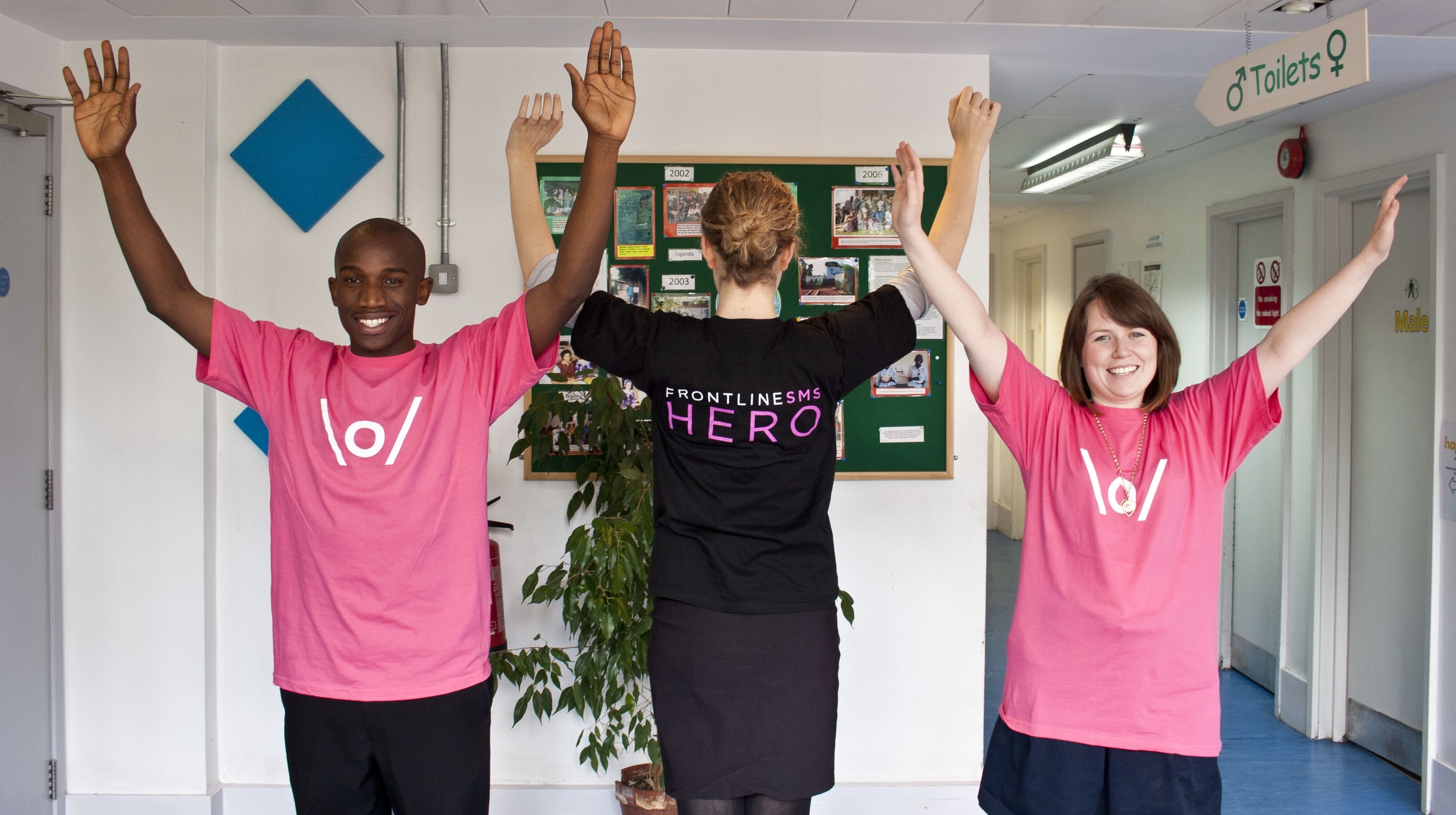
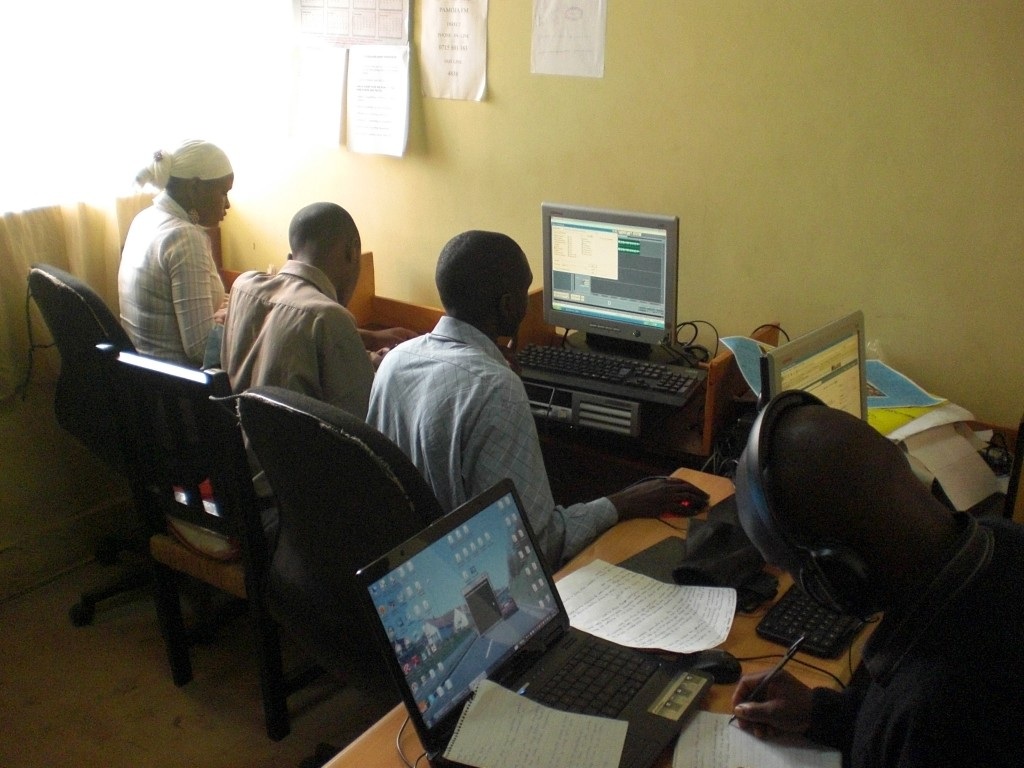
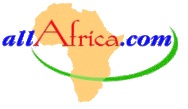





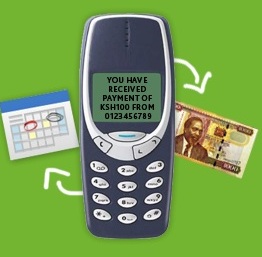

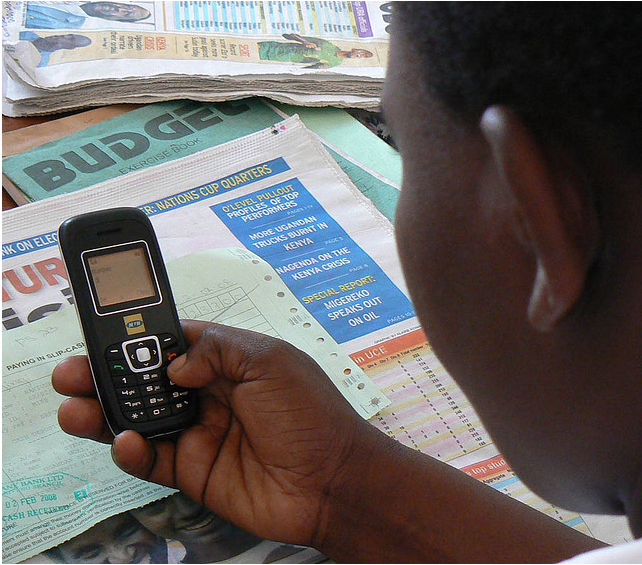


 We were recently approached by Philip Auerswald, Editor of “
We were recently approached by Philip Auerswald, Editor of “